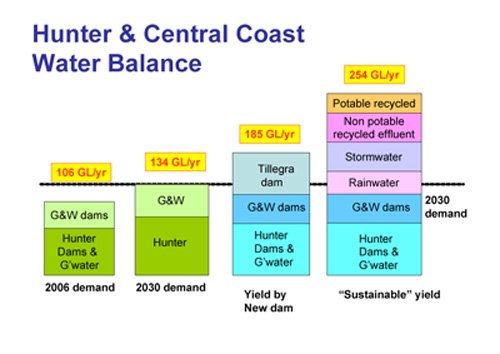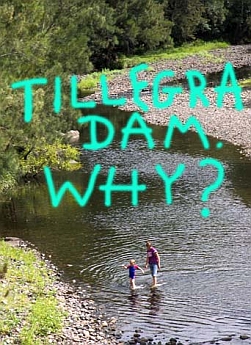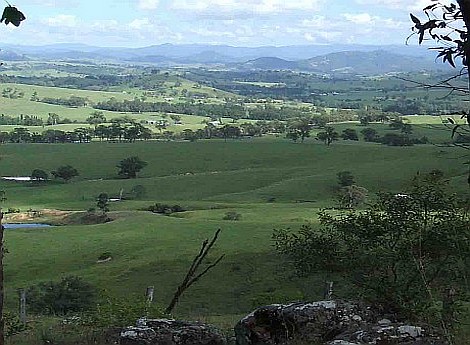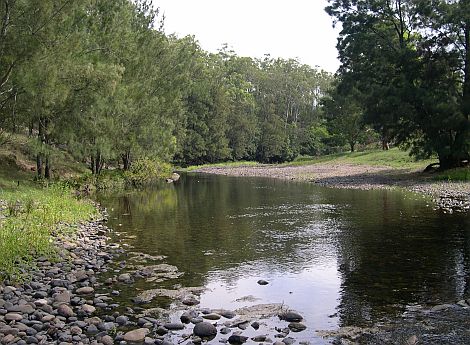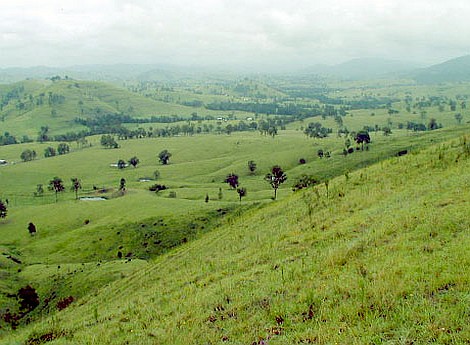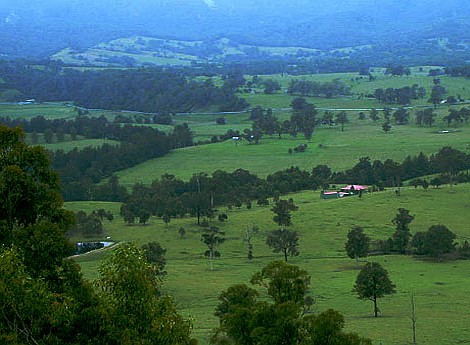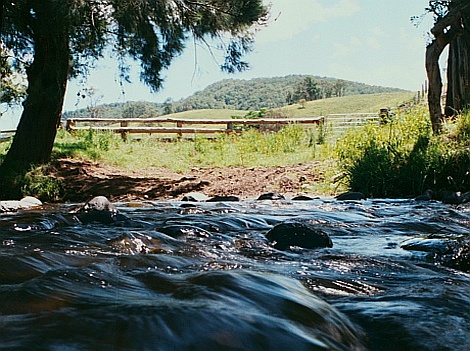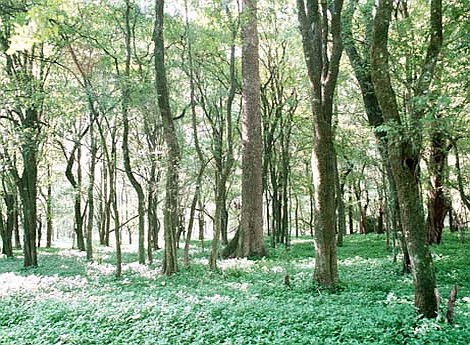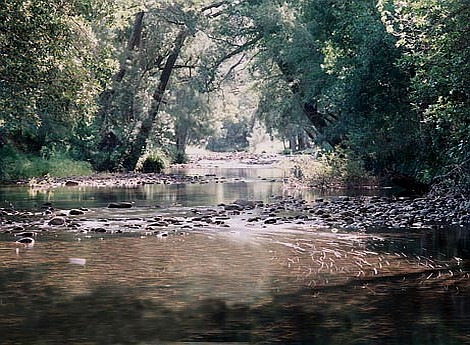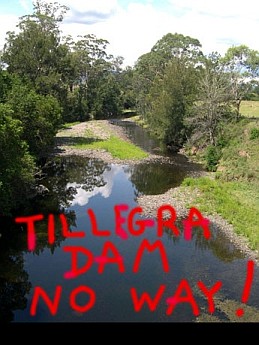HW policy – water down the drain
According to a leading water management expert Hunter Water’s water policy is a litany of spin and failure. Professor Charles Essery from the University of Western Sydney argues that water policy is ad hoc and based on:
- The climate excuse.
- Policy development under crisis.
- The by-passing of due-process.
- Policy is political, non-resource based and NOT based on sound economics and science.
- Community and non-urban users are isolated from decisions.
In two separate documents (Sustainable Urban Water Management and Overview of sustainable water supplies for the Hunter and Centra Coast regions, without the construction of a new dam at Tillegra) Prof. Essery examines the unsustainable urban water strategies for Sydney, and the Hunter and Central Coast regions and proposes sustainable alternatives.
The unsustainable urban water strategies for:
•Sydney
– desalination & increased waterway pollution
– Shoalhaven transfers
– Groundwater extraction from S Highlands?
– Lower Hawkesbury rural trading?
•Central Coast & Hunter
-Build a new dam on prime agriculture land
-Water trading
are shown to be lacking any real vision for a sustainable future. Prof. Essery clearly articulates what can be done:
•Sensible, liveable water conservation
•Non potable recycling for industry & irrigation
•Potable recycling planned for future demand
•Urban water seasonally harvesting for new and existing buildings
•Pricing that is on & off-peak targeted
•Sustainable water cycle planning & management strategies that are auditable
•Improve understanding of water resources within global earth systems
